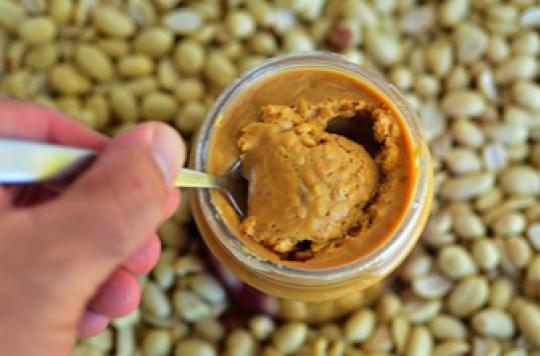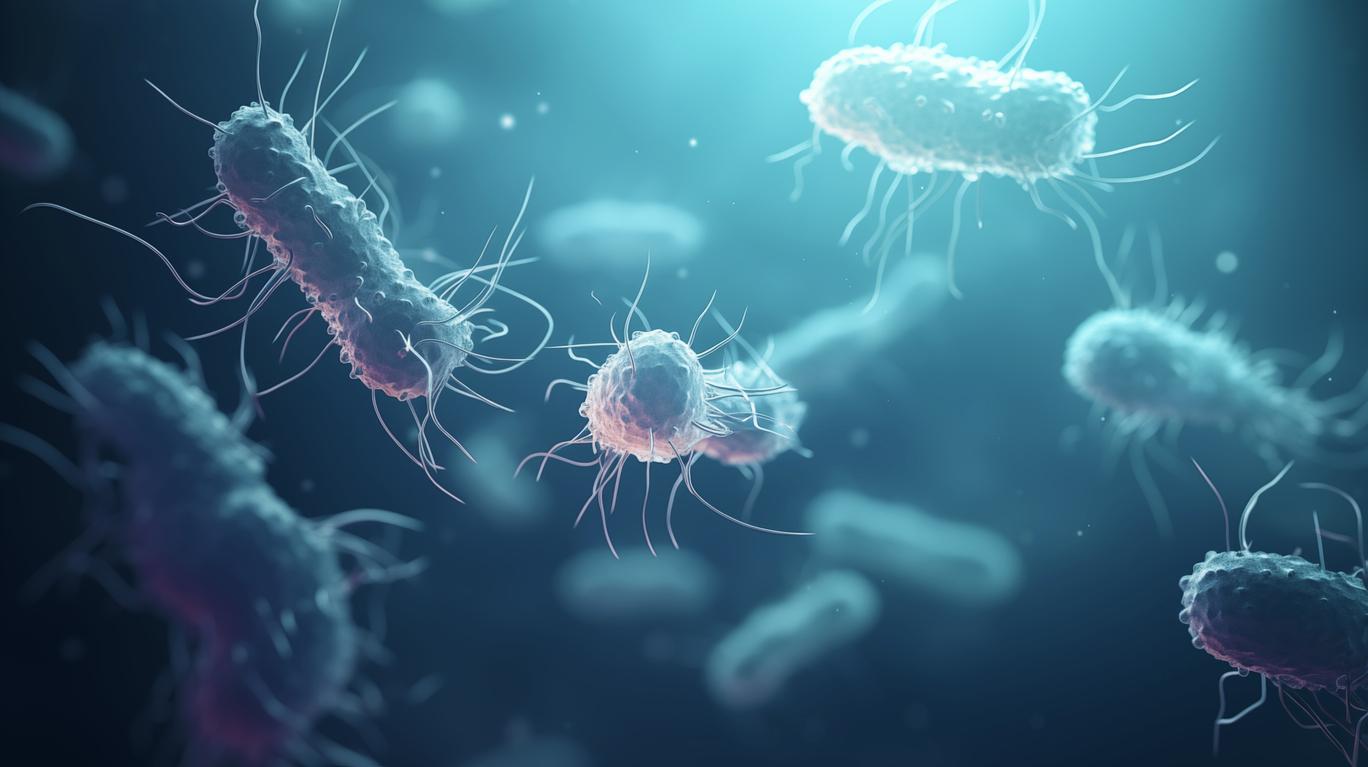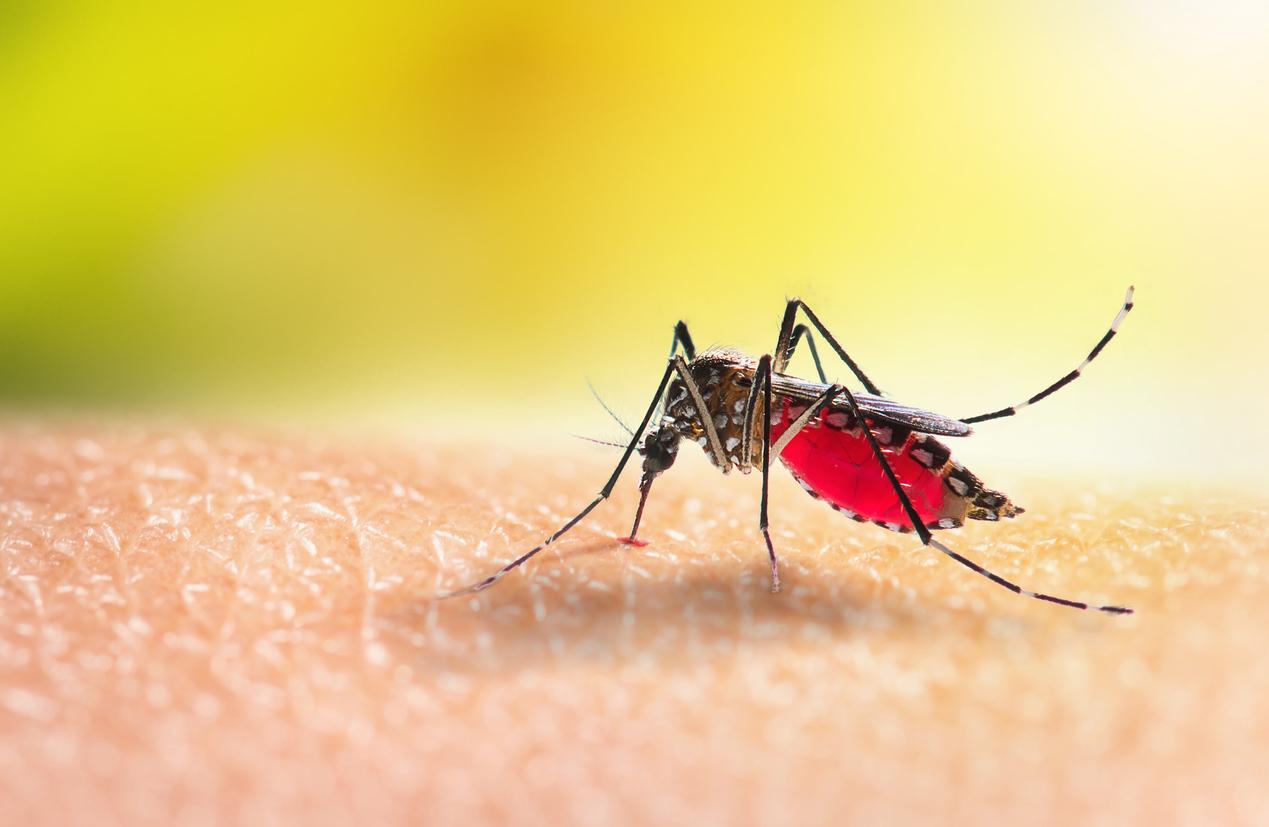American researchers recently tested the anti-allergenic effect of a bacterium on mice. This bacteria could help treat peanut allergy.

Margarine, soup, beer, biscuits… there are many foods containing peanuts. And so are allergies to this product. This is therefore a real problem for those affected, who must constantly watch what they eat. However, bacteria from the intestinal flora could help treat this allergy. This is what a recent study published in Proceedings of the National Academy of Sciences.
A bacteria of the intestinal flora called clostridia
A team of American researchers from the University of Chicago has studied the potentially anti-allergenic effects of a bacteria in the intestinal flora called clostridia. The experiment consisted of injecting allergens relating to peanuts into three groups of mice. The first was devoid of bacteria, the second had a reduced number and was treated with antibiotics, and the third included natural levels of bacteria. The group of mice whose gut flora contained a normal number of bacteria had significantly fewer allergic reactions than the other two groups. The Clostridia bacterium was then reimplanted in the instestines of mice suffering from allergies. Other bacteria were implanted separately. But only the Clostridia bacteria helped to alleviate these allergies.
Encouraging results
The researchers therefore deduced that clostoridia produces a molecule called cytokine interleukin 22, which has the effect of protecting the intestines from allergenic substances. “The first step in a reaction to a food allergen is the passage through the bloodstream where it is confronted with the immune system. The presence of these bacteria therefore regulates this phenomenon, ”specifies immunologist Catryn Nagler, lead author of the study. Although the experiment only concerns mice for the moment, the researchers therefore see it as an encouraging first step towards understanding the mechanisms of this allergy and a possibility of treating it. However, the study does not specify when human testing can be performed.
More and more allergies
Peanut allergy usually occurs in children. In the last ten years, the number of children with peanut allergy has increased by a factor of 2. Only 10 to 15% of them recover by age. 20 years old. It is manifested by inflammation of the mucous membranes of the nose, attacks of hives, eczema, asthma, vomiting and abdominal pain.
It can also cause violent cutaneous and digestive reactions as well as anaphylactic shock (very violent allergic reactions which can sometimes lead to death.) To date, there is no treatment. People suffering from this allergy should therefore avoid peanut-based foods at all costs and have regular blood tests to assess the progress of the disease.
.

















